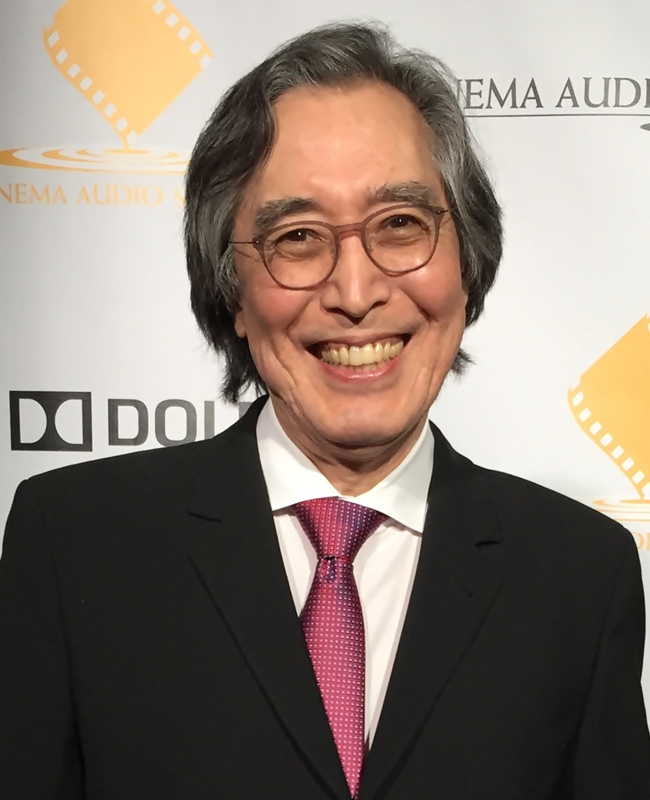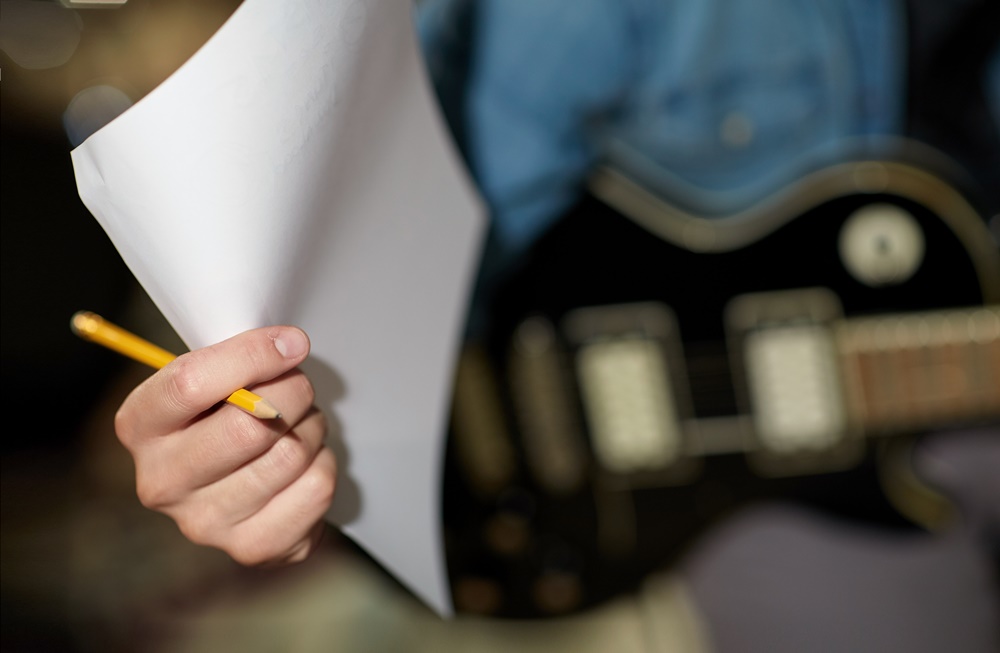Composers are creative. All you need is a thorough understanding of music theory and a little imagination. As with most arts, the more imagination you have, the better, of course. Perfect pitch is not necessary any more than quick mental math is necessary to solve a physics problem. It may speed things up, but you can reach the same solution without it.
Music is about so much more than pitch. Some of my more interesting musical ideas have come when I have stepped away from the piano and focused on one of the many other aspects of music.
If you’re talking about really composing entirely without notating anything, and then writing down the whole piece at the end. Have you ever been trying to sing a song but realized you hit a few wrong notes? The same skill you use to correct those notes is the one that most composers use making things from scratch, just mentally trying new pitches. It can be much faster than using an instrument or sequencer.
You must become proficient in two different skill areas.
Music Theory
Learn:
- A decent variety of chords.
- A few scales
- How to craft a motif (a motif is a tiny musical idea of maybe three or four notes)
- A few song formats, such as AABA, fugue, sonata, or pop song structures
Once you have those skills in place, you can write a composition from the passenger seat of a car or on an airplane.
Then you test it out, either by playing it on an instrument or by putting it into some music notation software, such as Noteflight. Adjust your composition based on that feedback until it sounds good.
Ear Training
If you want to up your game and be able to hear it as you write it down (without any assistance from an instrument) then the name of the game is ear training.
- Ear training teaches you to identify the sounds of different intervals
- Ear training also teaches you how to identify the sounds of different chord qualities
- You should also be able to tap out a simple to the intermediate rhythm.
- Once your music theory and ear training skills are sufficiently robust, you can start writing songs that are functional. Elegance and beauty come later, as you get more practice.
It becomes more difficult of course if you want to write for more instruments, say a sonata for violin and piano, let alone a composition for orchestra but yes, trained composers are able to compose without an instrument at hand although a piano comes in very handy of course and many composers do write at the piano.

